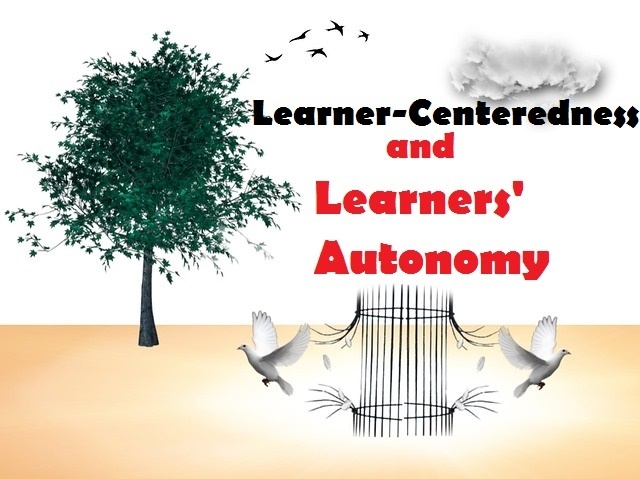Action Research in The Classrooms
In one of the posts I shared earlier about action research, I tried to talk over several issues that still inhibit teachers. I showed that there are many problems and I also suggested several solutions that educators and supervisors can draw on to ultimately help teachers regain confidence in promoting the quality instructional practice.
In this post, I want to share with you WHY every teacher or educator should conduct action research. The ultimate goal is to help you understand that doing research has become a professional obligation and one of the critical characteristics of 21st-century teachers.
No matter what difficulties are there, teachers can always spend some of their spare time learning how to do action research. So, if you are a teacher who is still hesitant or unconvinced about doing action research, go over these arguments, and hopefully, I will be able to change your attitude.
The first argument is professionalism.
A lot of teachers have a misconception about teaching. Many still believe that teachers’ work never extends the classroom and only subsumes planning, managing, and evaluating learnings. This is actually wrong. Teachers are educators, and they have the power to make informed changes in the system of education. One way to render this possible is through action research.
The second argument is promoting teacher professional development.
One way to sustain professional growth is doing classroom research. Many educators suggest that teachers can ask questions such as: ‘How do I improve my classroom work?’ To answer these questions, teachers can employ action research to find out more. Actually, teachers can learn so much from research. On one hand, they can improve their teaching practices and students’ learning. On the other hand, they can learn many skills such as analysis, synthesis, critical thinking….etc.
The third argument is collaboration.
One characteristic of action research is a collaboration among colleagues. It was shown that when teachers conduct research in groups, they improve their group work and cooperation skills. Collaboration among teachers can help make the work easy, fast, and effective. If a group of teachers who work in the same school and share the same interest, collaborate to do research, the results will be so remarkable and will benefit many students.
The fourth argument is to raize students’ achievement and enhance pedagogies.
Teachers are eager to know whether teaching practices are effective or not. Instead of resuing the same teaching practices that have worked in past days over and over, they may want to find innovative ways of instruction that can ultimately engage more students and turn their classrooms into a funny and exciting atmosphere.
The fifth argument is excitement and challenge.
One of the problems that led to teacher burnout is routine-driven instruction. Many teachers find themselves working in the same cycle of repeating the same things over and over. Action research can make teaching more exciting and challenging.
In fact, the demands of the classroom are increasing by the day. Learners increasingly bring problems into schools. Parental guidance is almost absent. Society’s expectations are high. With all these things taking place, teachers can start from their classroom a journey full of excitement, joy, and challenges to help reduce all these problems and create the best opportunities for their students.
The last argument is meeting the needs of learners.
A common thing among all schools is that there are students with different ethnic and socio-cultural backgrounds. The diversity in each classroom and the various needs of students make the task of teachers almost impossible. Yet, with the implementation of action research, so many issues can be revealed, examined, and solved.
If you are a teacher or educator and not interested in doing action research, are you convinced now? I hope that I was able to convince as many of you as possible. What arguments can you add to this set to help other teachers recognize the importance of action research?
Please, Like our Facebook page and share this post to help someone who needs to know about this.








Excellent!